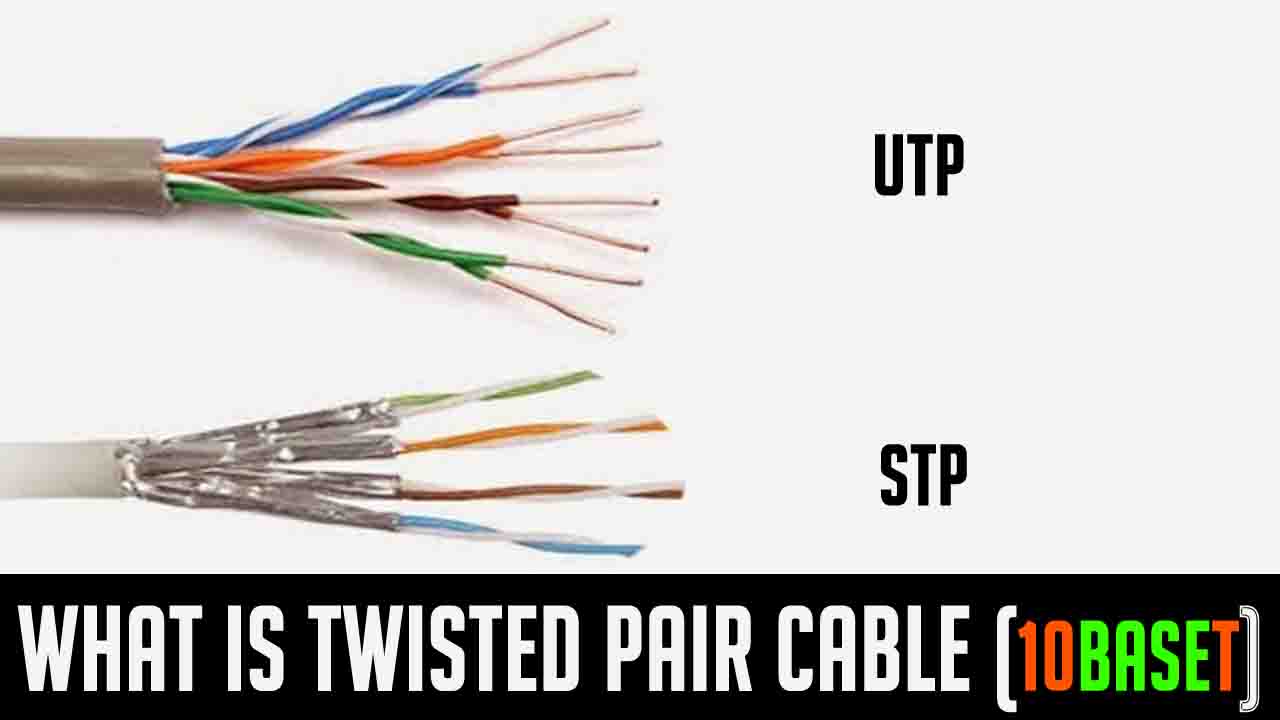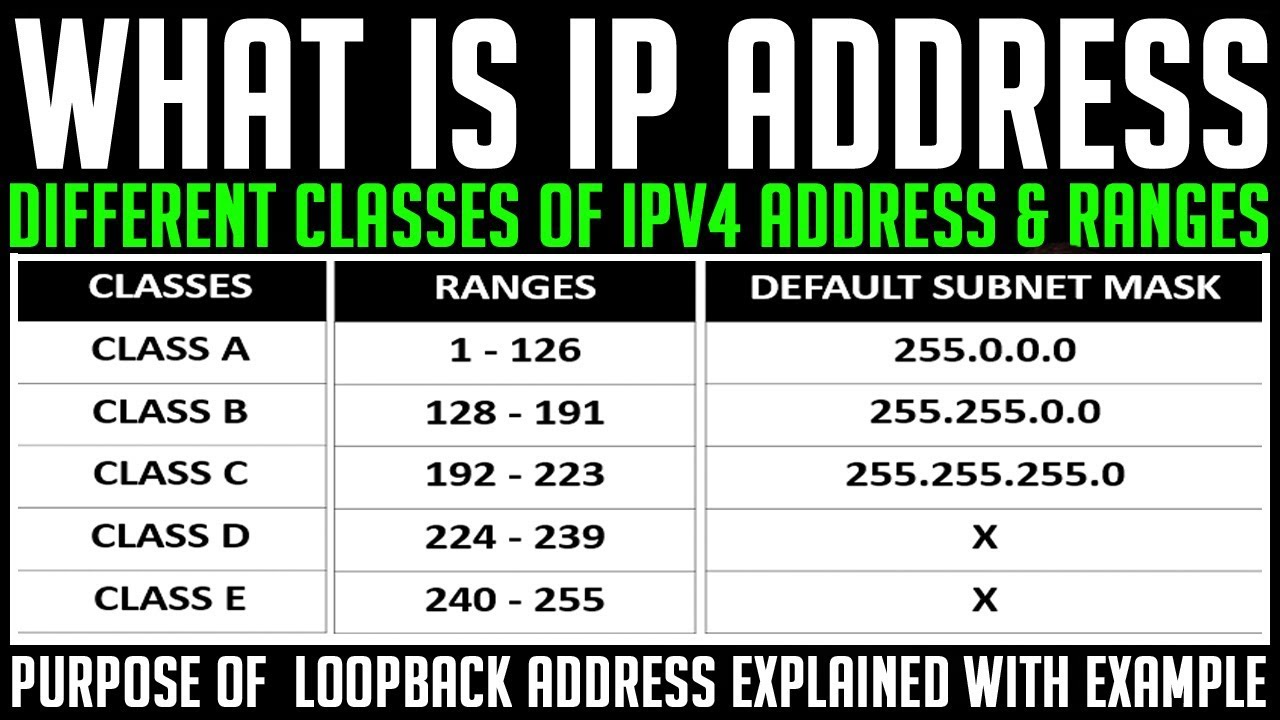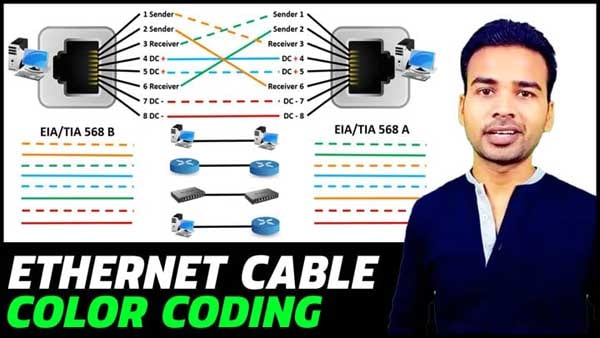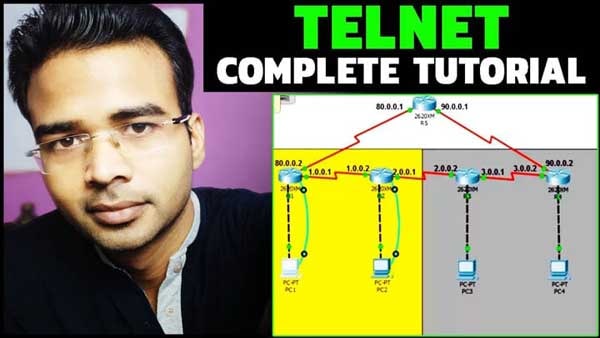What is Twisted Pair Cable
Twisted Pair Cable is the most commonly used cable in a computer network. It is reliable, flexible and cost-effective. A pair of cables twisted around each other forms a twisted pair cable (TP Cable). It is also known as 10BaseT network cable. What does this 10BaseT means, I am going to explain you later in this post. Now, we are going to learn about what are the twisted pair cable types, its price, characteristics, advantages and disadvantages.

How does Twisted Pair Cable Works
Whenever signal passes through a wire, an electromagnetic field is generated around it called loop. When other wires come into the loop, the signals pass onto them. Thus, the signals of both the wires get jumbled with each other. This phenomenon is known as crosstalk. To avoid this, two wires are wounded across each other where one wire acts as a ground and absorbs the electromagnetic field of the other wire. This reduces the problem of crosstalk which is an internal noise.
Twisted Pair Cable is also known as 10BaseT. It is one of the various physical medium standard defined by the Institute of Electrical and Electronics Engineers (IEEE) used for LAN. 10 stands for 10 Mbps, the data transmission speed of cable. Base stands for baseband signal a single frequency signal and T stands for twisted pair cable.
Types of Twisted Pair Cable
- UTP (Unshielded Twisted Pair Cable)
- STP (Shield Twisted Pair Cable)
UTP Cable (Unshielded Twisted Pair Cable)
Unshielded Twisted Pair Cable is the cheapest form of cables available for networking purposes. UTP cable is used for Local Area Network (LAN) environments. The installation cost of the cable is very cheap as it is easy to install. UTP Cable price for Cat5e 5 meter with RJ45 connector is approximately Rs 230. Click here to know more.
Characteristics of UTP Cable
| Characteristics | Description |
| Maximum cable length | 100 meters |
| Bandwidth | 100 Mbps |
| Connector type | RJ-45 |
| Cost | Cheapest form of cable |
| Interference protection | Very poor protection from EMI and RFI |
| Bend radius | 360 degrees / feet |
| Signal transmission mode | Baseband |
| Resistance | 50 ohms |
STP Cable (Shielded Twisted Pair Cable)
STP Cable is a pair of wires wound around each other and each pair is placed inside a protective foil wrap to protect it from crosstalk. It is cheaper than fiber optic cables but more expensive than UTP. STP Cable provides better protection from crosstalk and other interference as compared to UTP Cable. The STP Cable price is approx Rs 50/meter. Click here to know more.
Characteristics of STP Cable
| Characteristics | Description |
| Maximum cable length | 100 meters |
| bandwidth | 100 Mbps |
| Connector type | RJ-45 |
| Cost | Costlier than UTP but cheaper than fiber optic cable |
| Interference protection | Better protection from crosstalk and external interference |
| Signal transmission mode | Baseband |
| Resistance | 50 ohms |


